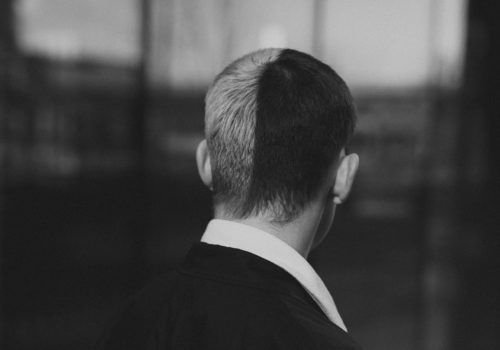Finding Solace For Those I Love
Words: Dylan Murphy
Photography and Creative Direction: George Voronov
Following the release of For Those I Love’s critically acclaimed debut album, Dylan Murphy chatted to David Balfe. The Dublin poet spoke about how expressing love became a survival instinct and the unique set of challenges that came with a record about grief.
David Balfe doesn’t often find solace through conventional means. Having spent the better part of a decade creating some of Ireland’s most compelling art with his close friends, it comes as no surprise he finds comfort in losing himself in the creative process. However, Friday was different.
It marked the release date for his self-titled debut album under the moniker of For Those I Love and the first day off he’d had in months. Having originally shared the piece in 2019 as a love letter to his late friend Paul Curran and the family and friends that had held him down, it was never intended for the global stage. Though after some convincing from those closest to him of the value it would have to other people, help from September Records, and a full year in lockdown it was re-released to critical acclaim.
In this time, Dave remained adamant about keeping his day job, admitting he has no interest in pursuing a career as a professional musician. It meant that on top of a nine to five he’d work late into the night ticking boxes off his busy schedule of promotional work and creating visual art compounding what has already been a whirlwind year.
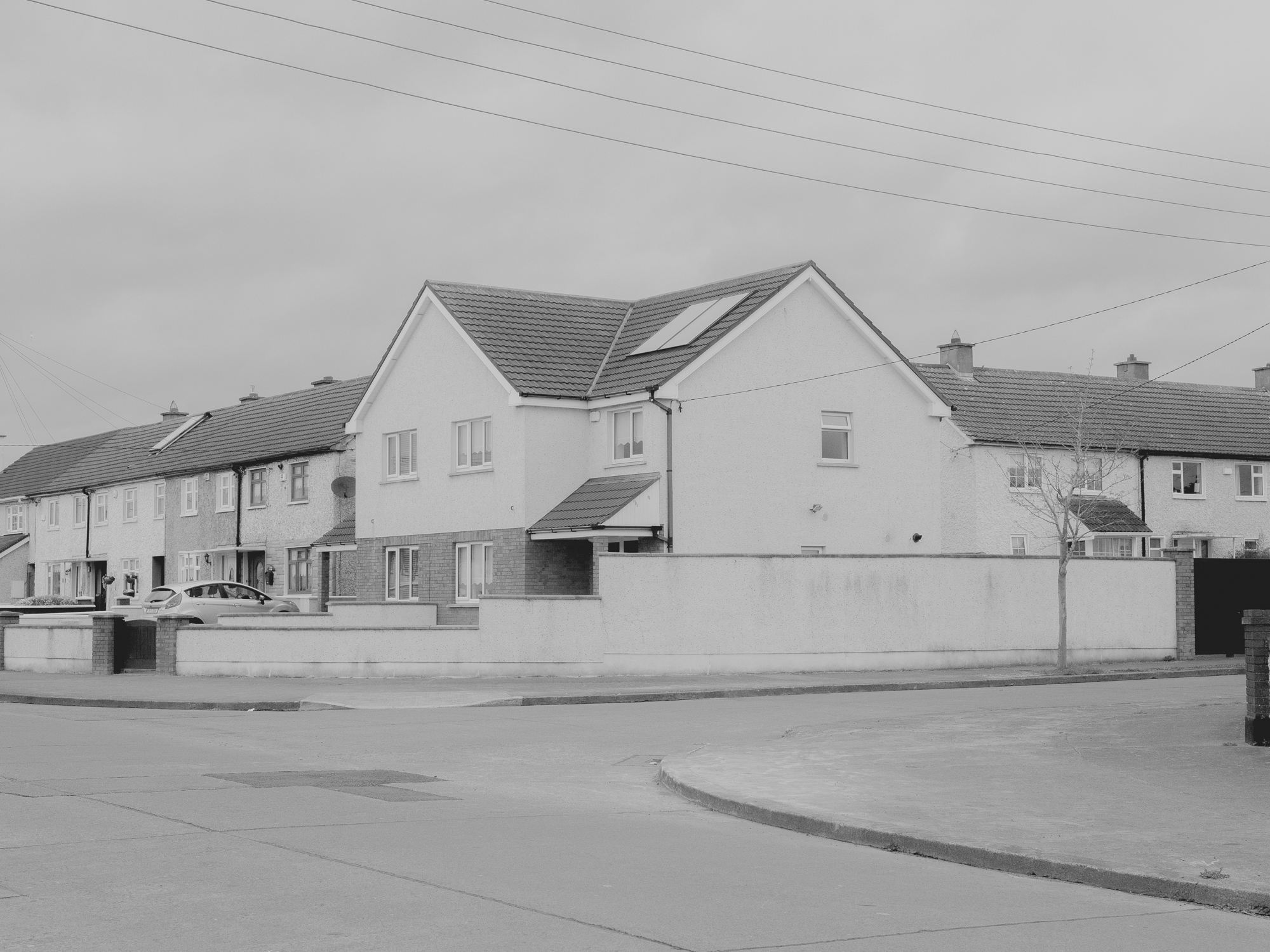
A Heavy Burden
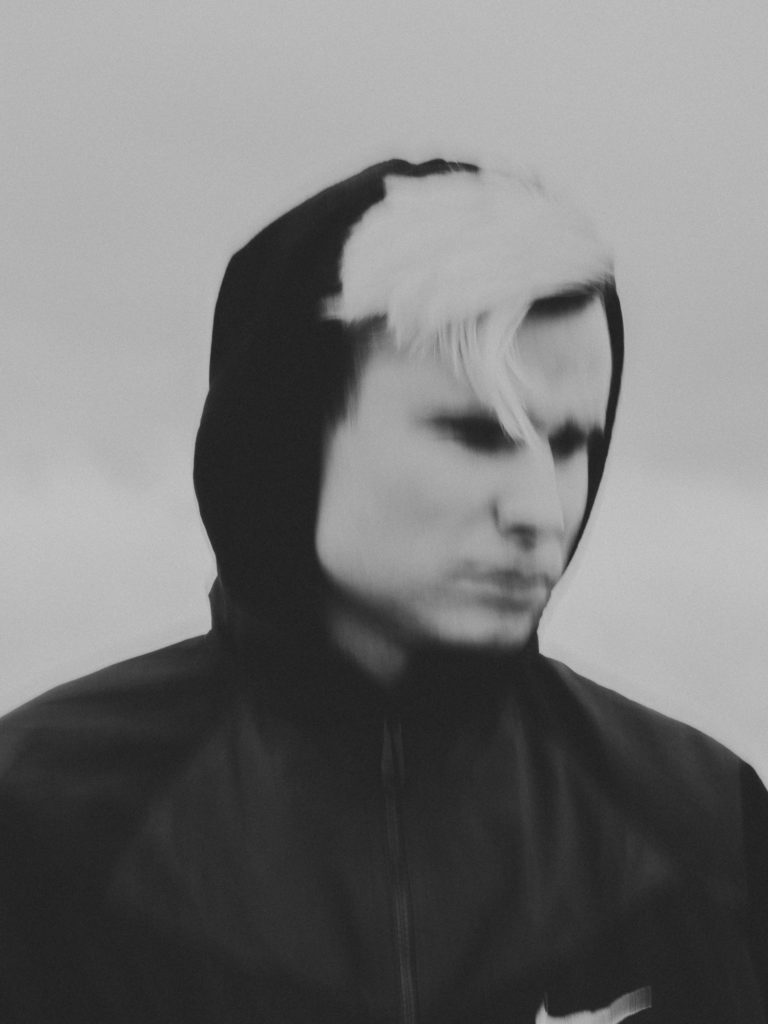
So with the heavy burden that comes with a grief-stricken album and a timeline overflowing with admiration for the vulnerability espoused on that record I’d assumed it was an overwhelming day for Dave.
However, speaking to me over zoom from his home the following morning the Dublin producer and poet tells me it was quite the opposite.
“Yesterday was peculiar because I didn’t really feel much of anything”, he explains, fixing his headphone’s grip on his head.
“It’s the first night in as long as I can remember where I didn’t have anything to do, which is a mad mad feeling”.
“It was such a chaotic number of weeks leading into it. Working on things every night deep into the morning and then getting up at seven or eight in the morning to do the day job, it’s been exhausting and chaotic. But then I roll into yesterday and I have the day off and nothing scheduled. It’s the first day in my memory of the past couple of months where there’s been nothing to do. So it didn’t feel overwhelming, it didn’t really feel like anything.”
It didn’t feel overwhelming, it didn’t really feel like anything.”
For Those I Love
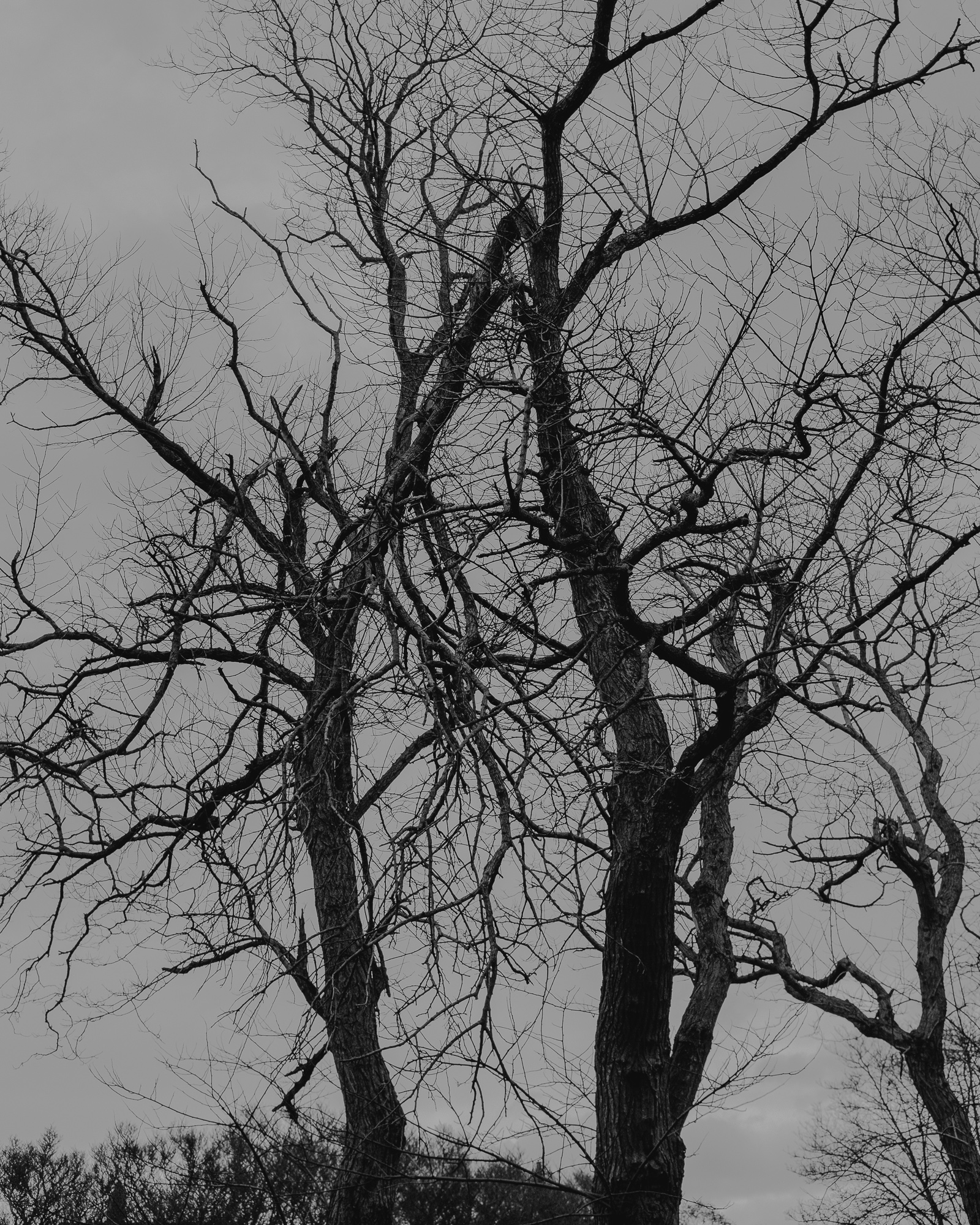
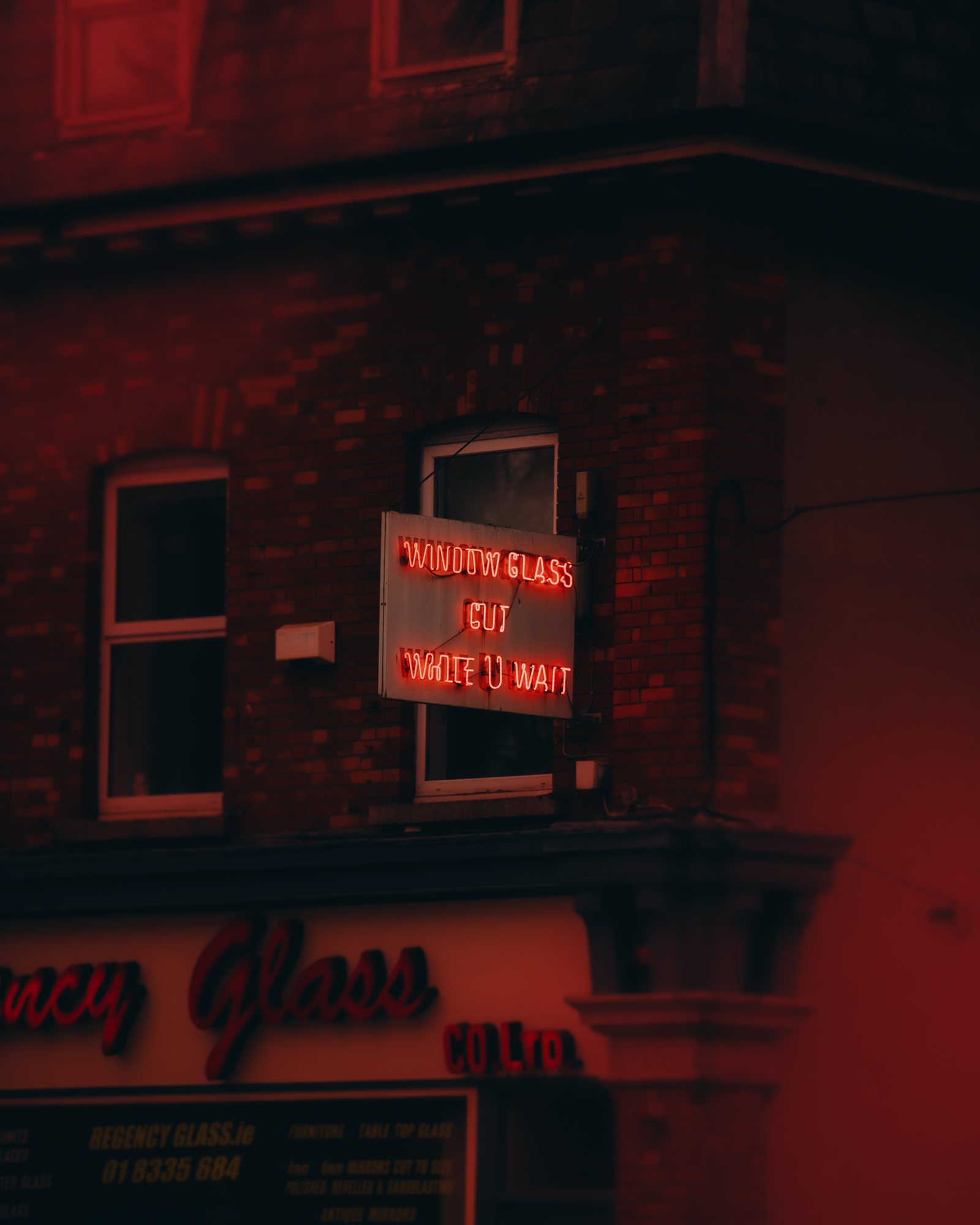
Learning Vulnerability
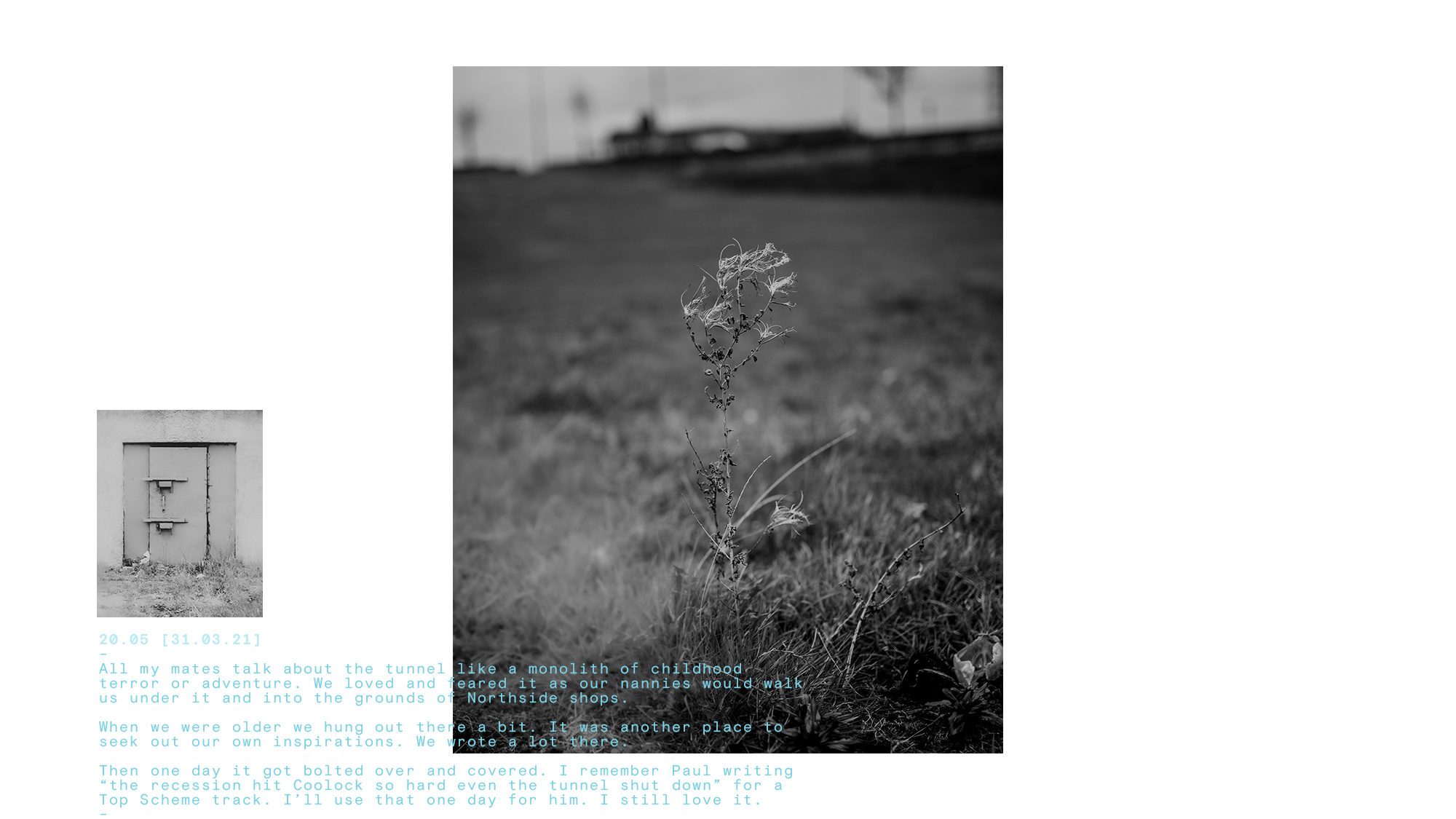
For most of his life, music and art have been an escape for Dave, something to transport him from the harsh reality of his surroundings. It’s also something he almost exclusively experienced with his best mates across numerous bands – most notably Burnt Out. Growing up in Ireland, I can attest to the fact that speaking openly about your emotions, even to your closest mates, isn’t something that has been universally encouraged and accepted until recently. The harrowing consequences of an uptight culture of emotional repression can be seen in Burnt Out’s video for ‘Dear James‘. However, on the flip side, there are moments of hope on For Those I Love, with Dave smothering ingrained angst and pent up emotions with unapologetic expressions of love and vulnerability.
For the Coolock native, these expressions are a necessity. The bravado of the housing estate had to be unlearned at a young age as he and his friends quickly got to grips with just how fragile life can be.
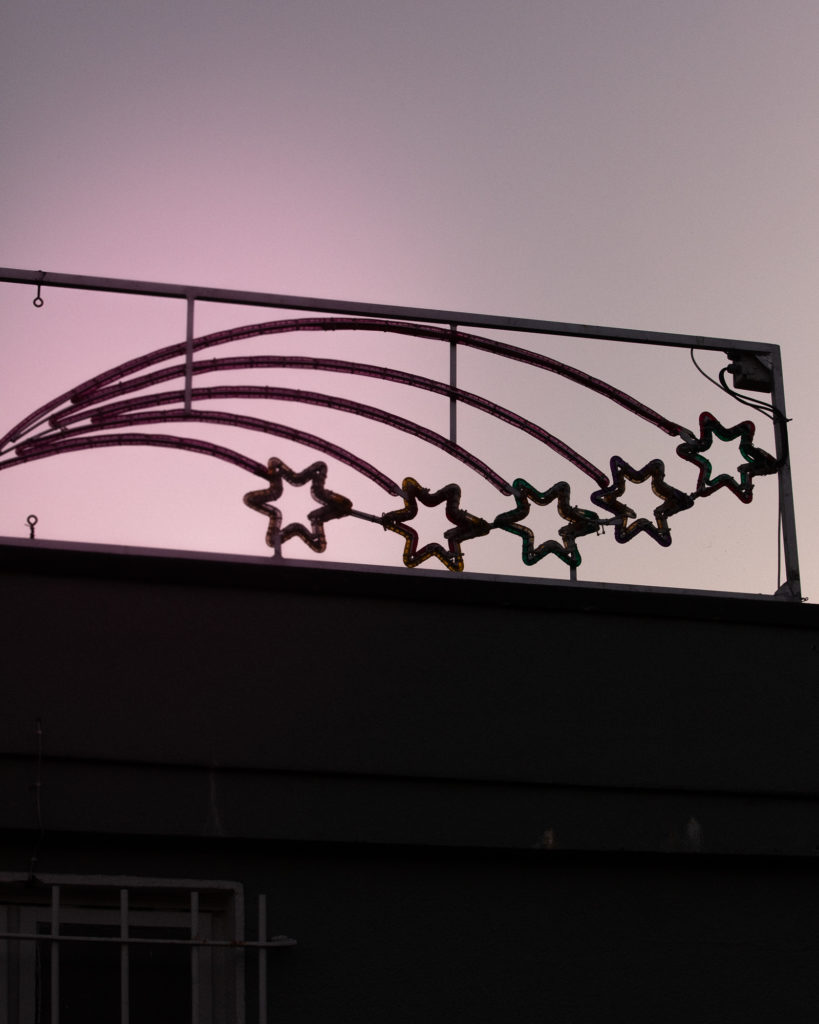
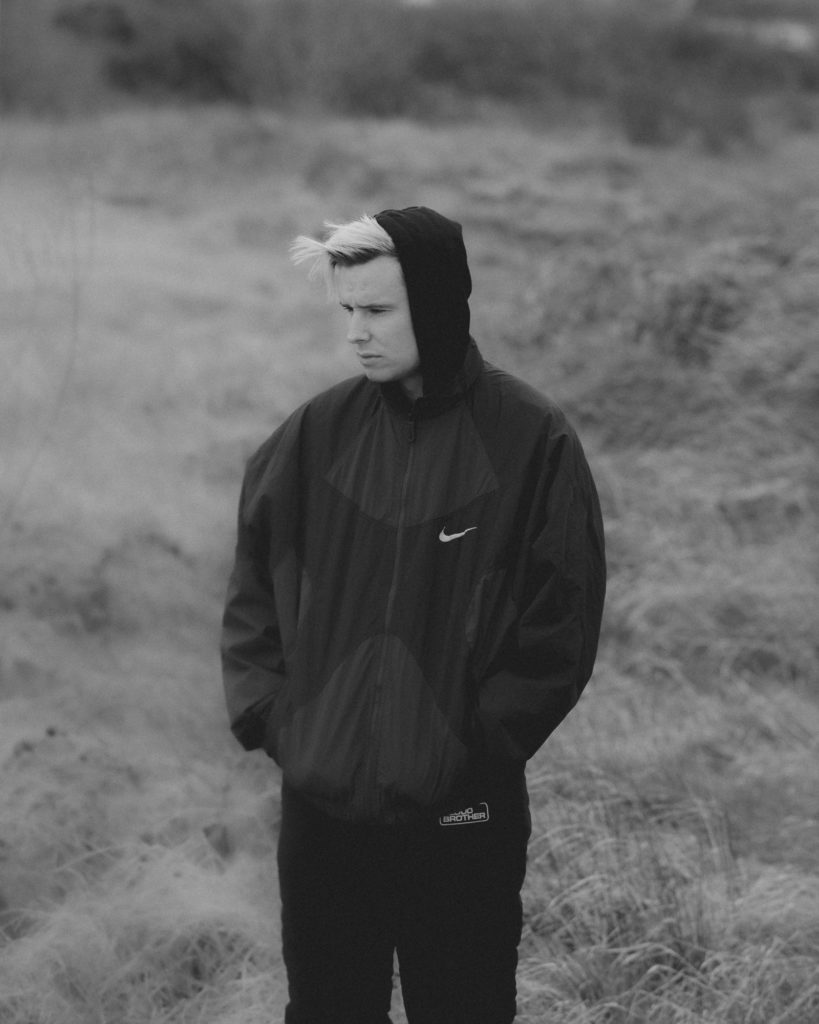
“When we were very young we would have been very reluctant to express that sort of vulnerability. We were reluctant to express that vulnerability because unfortunately at the time where and when we grew up, to show that sort of vulnerability was to show weakness.
Even at a minor scale, for us, as young people in a violent and aggressive place, as a mode of survival you just had to be very cold, sharp-tongued, quick-witted and unafraid – or at least appearing to be unafraid. Part of that meant you needed to be very quiet about the love you had for your friends. I think as we got older and started to see how temporary everything was, how fickle life was, it became very clear to us there was a need to express that type of love. Because if you didn’t you would sit in regret for the rest of your life knowing somebody went out not knowing how you felt or that you expressing how you felt about them could be one of the reasons they were still knocking about.”
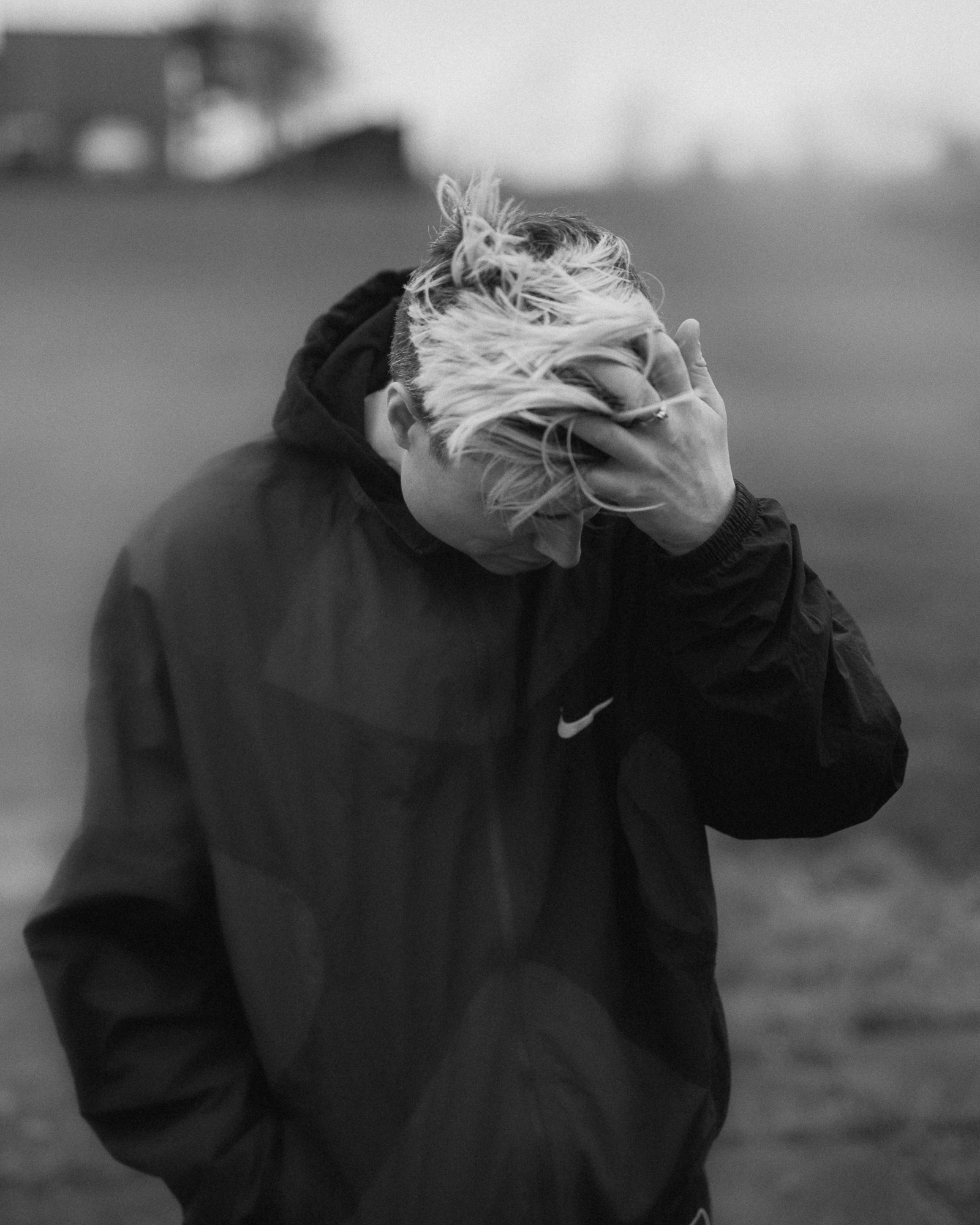
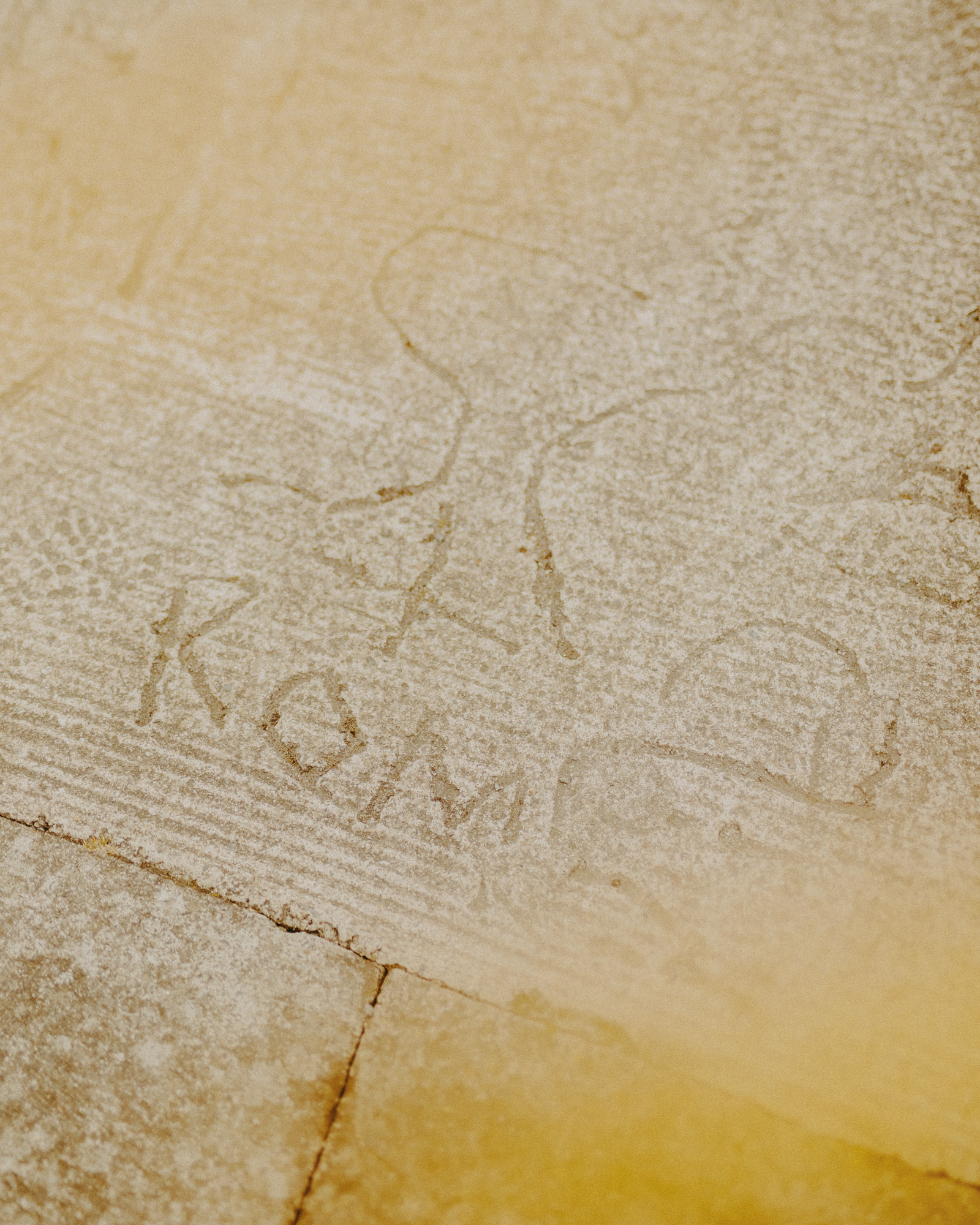
It became very clear to us there was a need to express that type of love. Because if you didn’t, you would sit in regret for the rest of your life knowing somebody went out not knowing how you felt or that you expressing how you felt about them could be one of the reasons they were still knocking about.
For Those I Love
“Really the majority of our friendship, as a team as a collective, as an inseparable group for 13 or 14 years was void of any sort of third-party intoxication. It was just lived in sheds and on the road eventually in the car. Just quiet, sobering moments working on something”, he explains.
It was these images of cars, sheds and carrying old sofas on the road that became synonymous with the grey and brutalist world of Burnt Out. A monochrome universe that informed and also extended into his latest multimedia project. Asking if the meaning behind these objects changed when Paul passed Dave paused long and hard before responding.
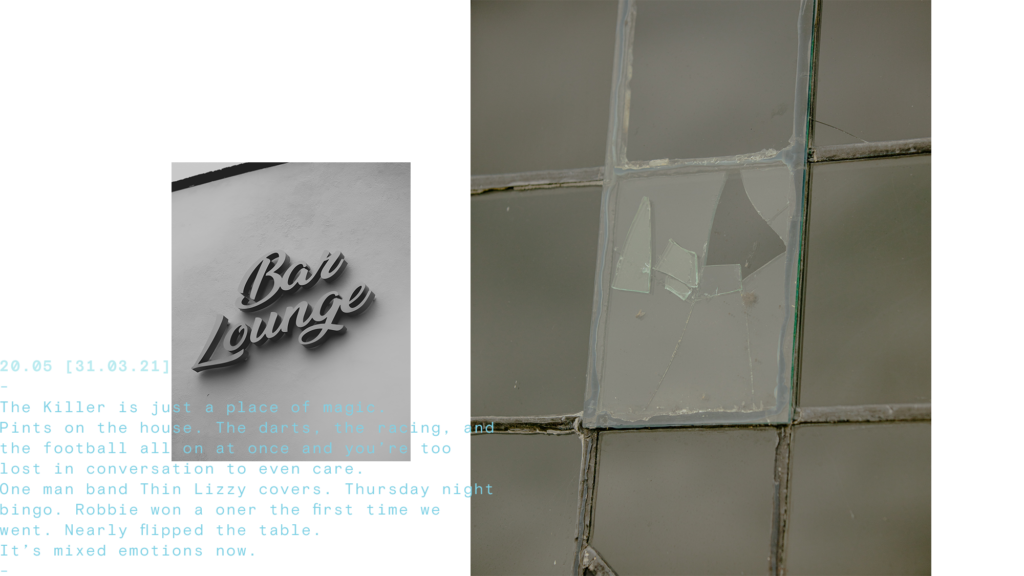
“Yeah… they changed from being the backdrop to our friendships to being symbolic of a friendship that was now lost… some of that stuff would have been difficult to revisit after. Some of those places would have been difficult to revisit. They very much became these symbolic titans after instead.”
“They were the grounds where that the friendship and all of that creativity took place up until that point. A lot of them are gone now. That shed is gone, that car is gone, the other shed is revamped and painted all up and all the markings that were there beforehand are gone now.”
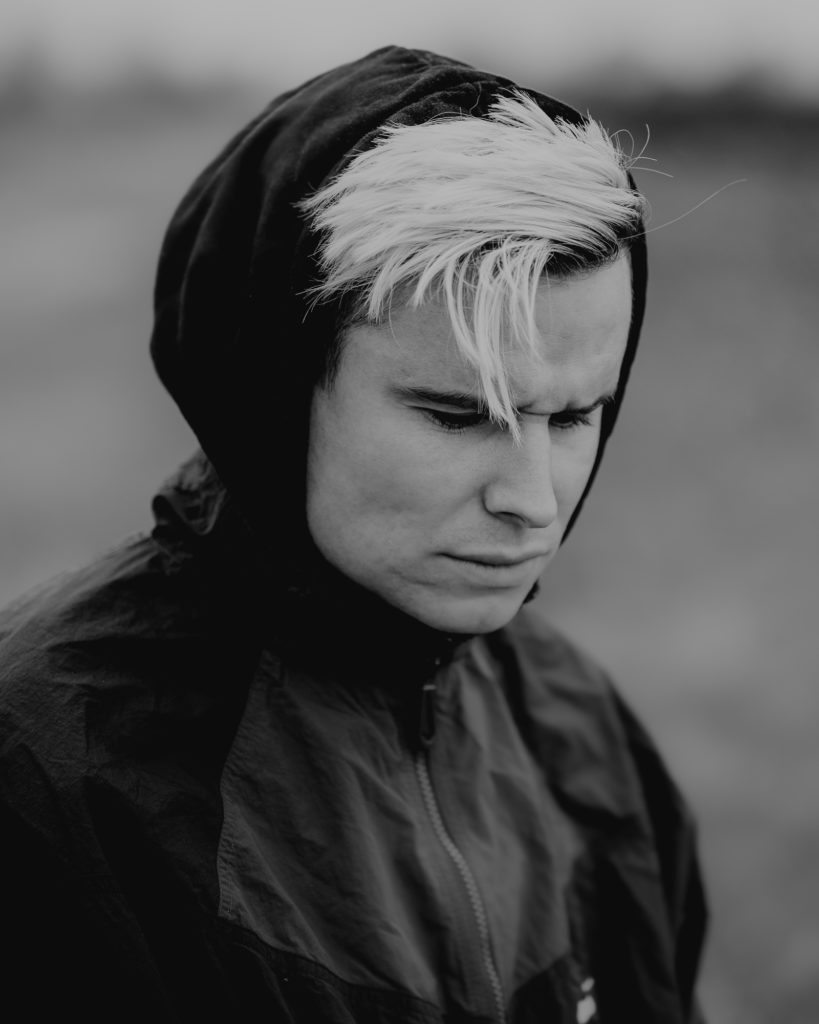
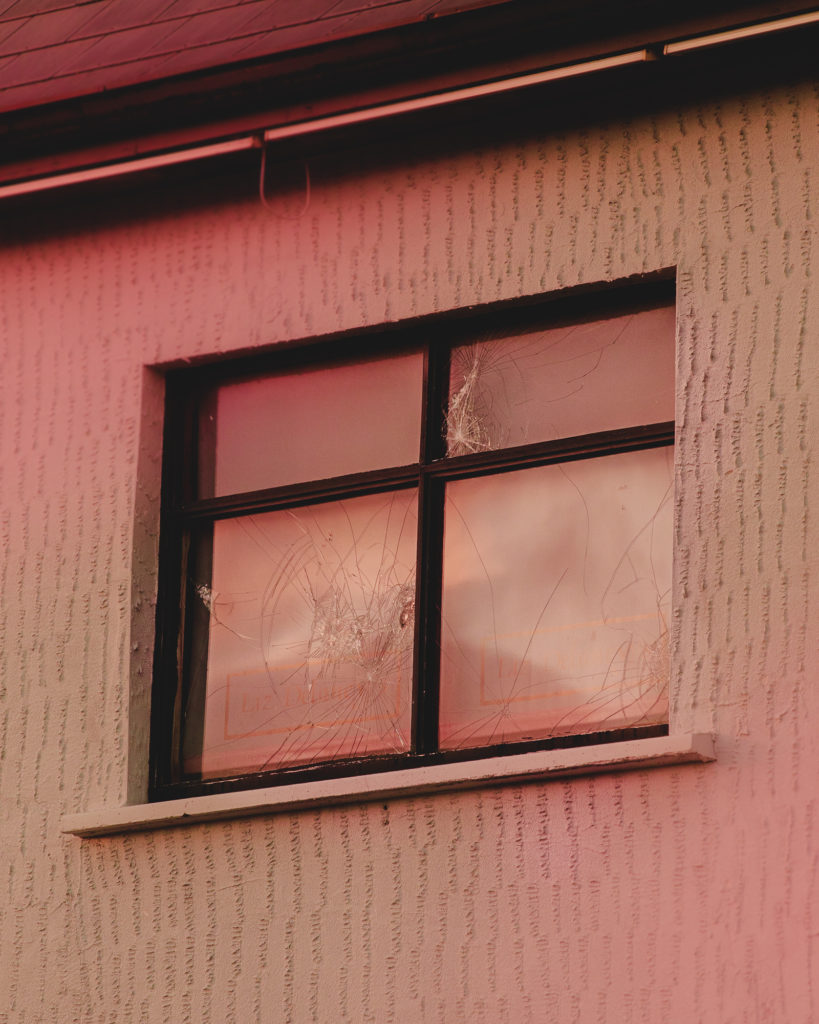
Another spot that has since disappeared is his local kickboxing club. While he accepts it was nice to watch television to relax on the night of the release, with kickboxing off the table in a global pandemic he has since struggled to find ways to unwind.
“The traditional modes for me of stress relief and stuff that have been very meditative for me have been removed. Kickboxing was the main thing in my life from the time I was seven or eight up until last year. I’ve gone a year now without that. Obviously, the very physical stress relief with that. I always found working the heavy bag to be unbelievably meditative and also very creative. It’s all about rhythms and patterns and trying to break down those rhythms and patterns. I feel like I would regularly lose myself in that multiple times a week, probably an hour at a time in silence by myself. That’s something that definitely really helped”.
Though he doesn’t want to go into detail about it, Dave confesses that it was in the club he got the phone call telling him his best friend had passed.
“I think that sort of soured that place for me for a long time and we’ve since closed the club. I think that gradually started to undo itself for me because of what happened.”
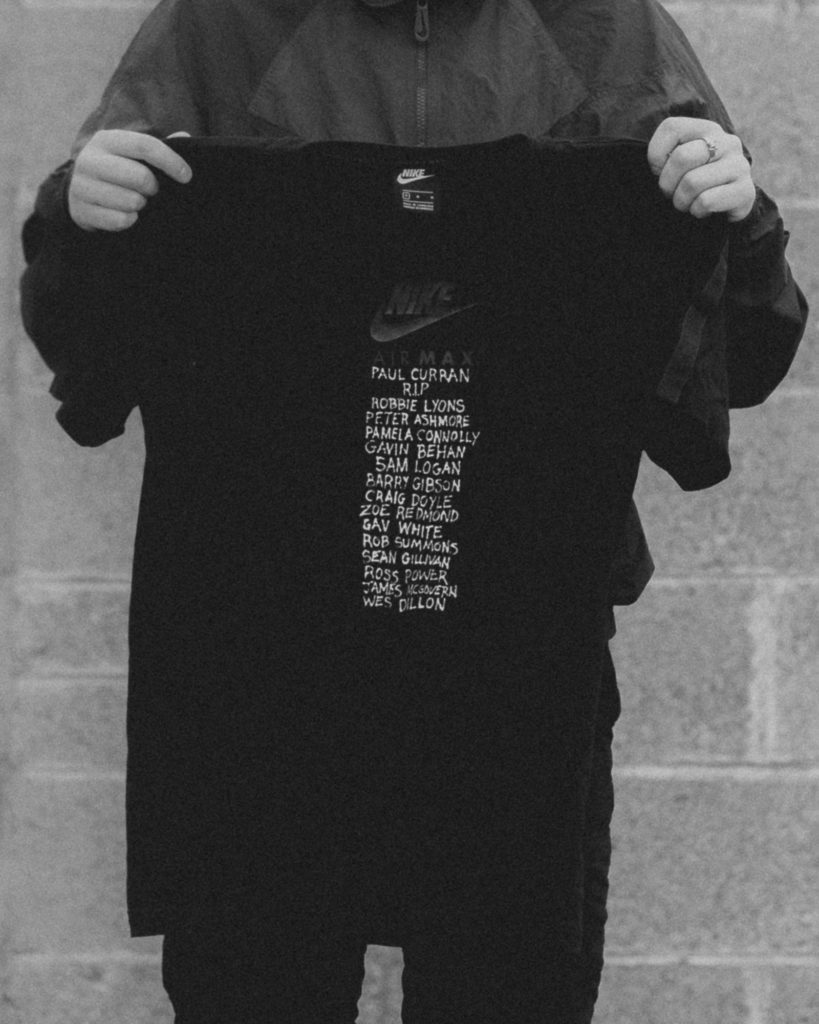
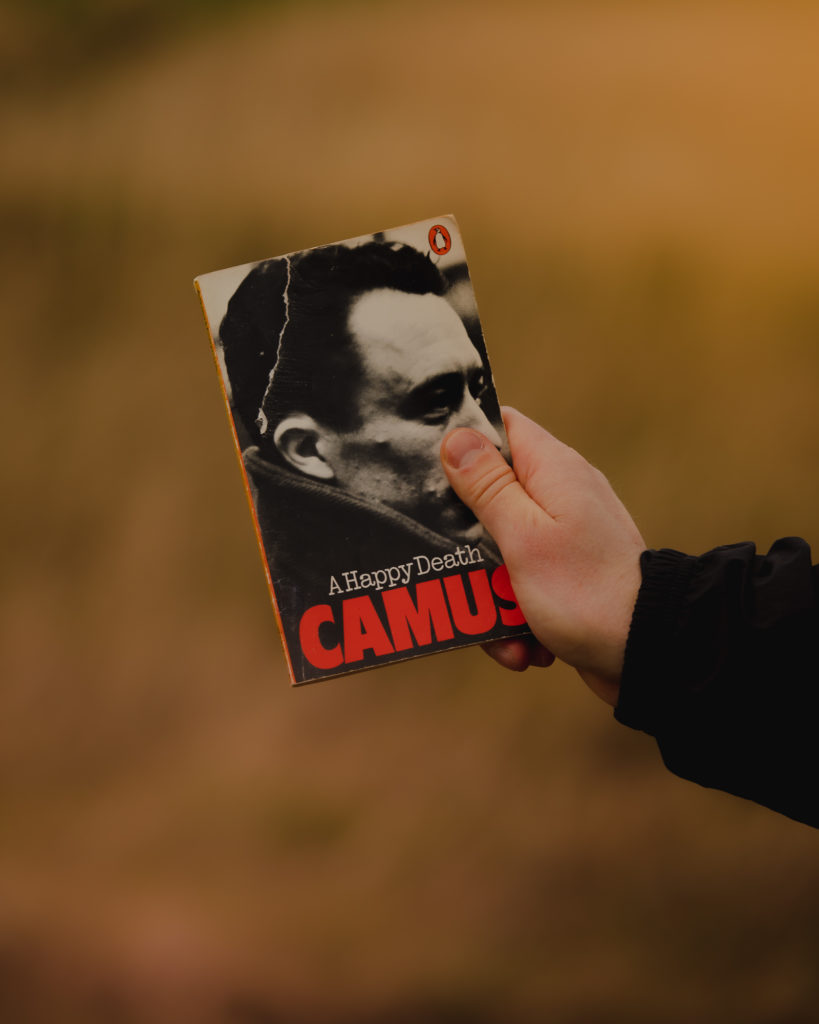
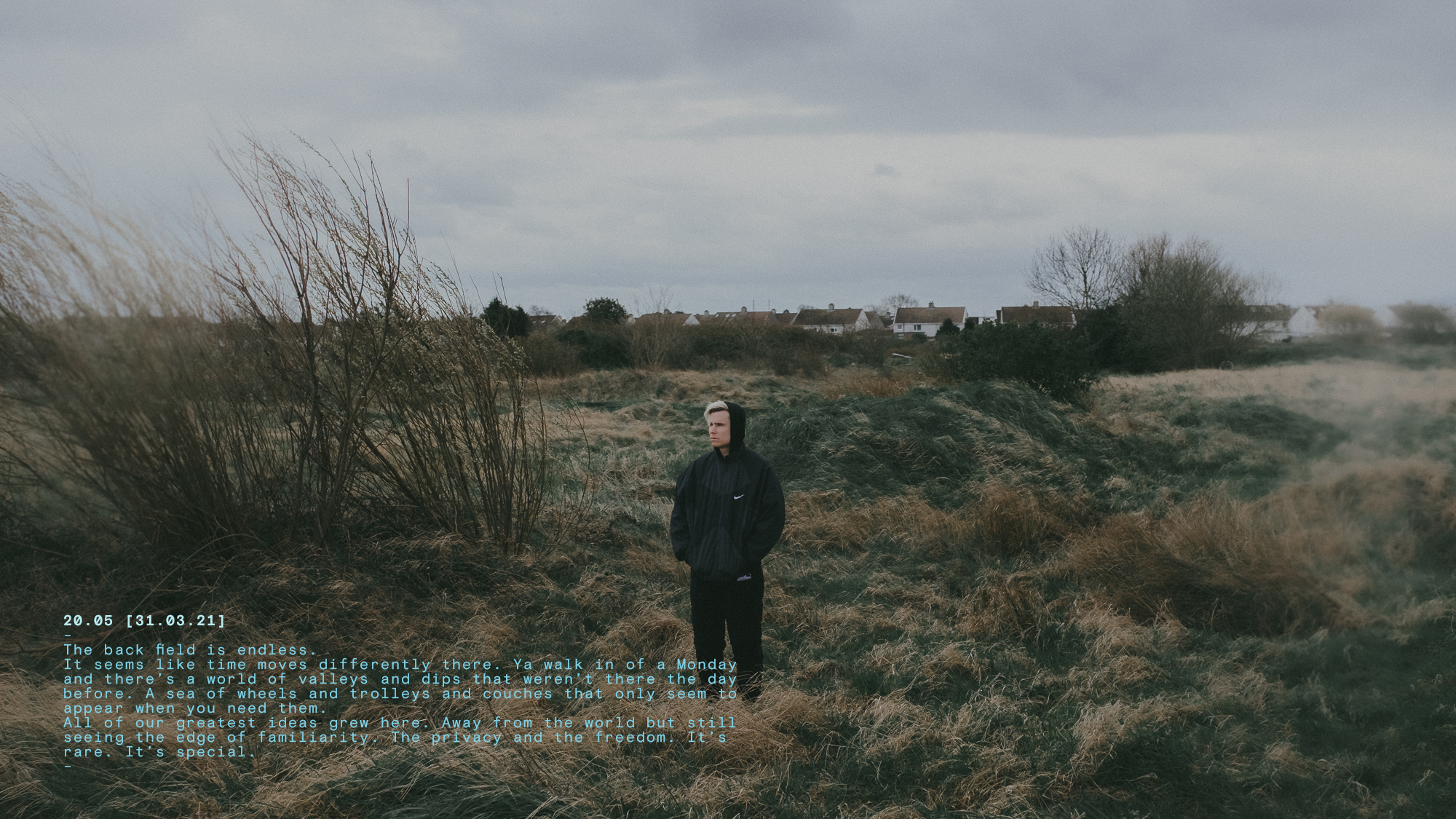
Primal Relief
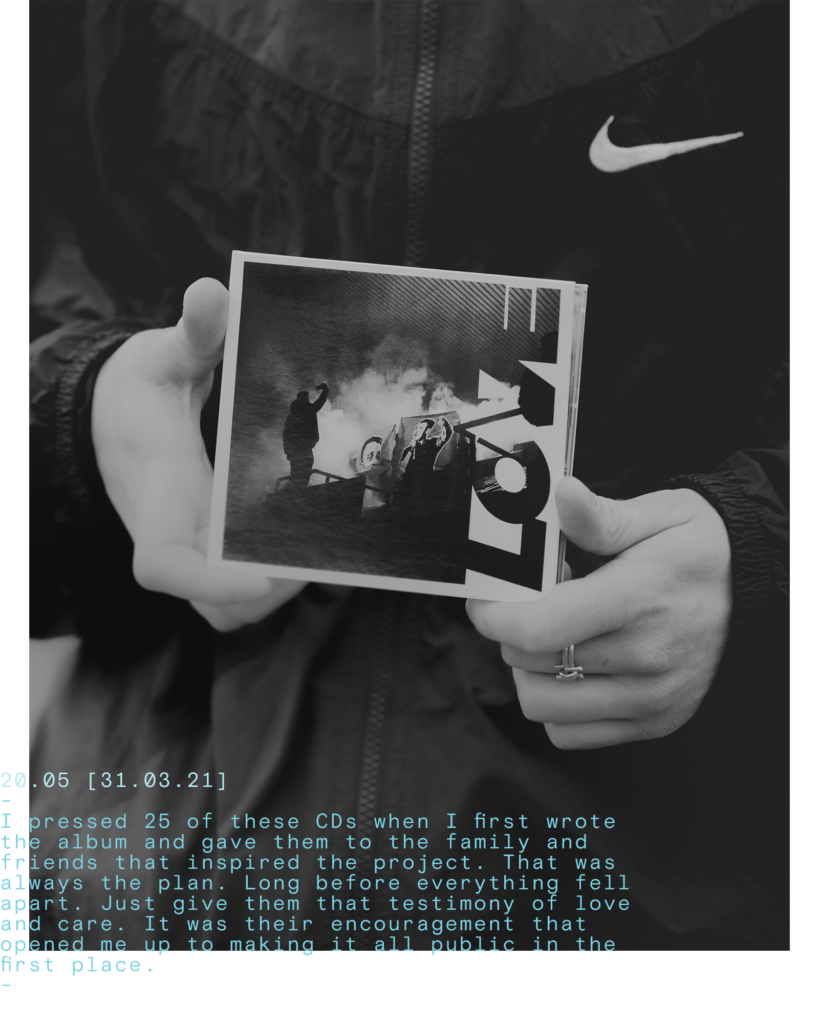
Though the crippling aftermath of Paul’s death can be heard in bleak admissions of ‘The Myth / I Don’t’, Dave has since found some amount of peace and healing. Moving away from the dangers of self-medication adopting healthier habits, Balfe is also keen to thank his friends and family for their unwavering love that support.
“I’m very lucky that I’ve got an excellent therapist and I’m very, very privileged to be able to afford therapy and care and medication now. They have certainly done a great deal for me to be able to just sit with the weight of the problems and not necessarily need to fight back against them…”, he says, visibly more relaxed.
It’s this love and understanding that he reciprocates throughout the album and provides an undercurrent of hope that so many have latched onto.
“The general day-to-day weight is a lot lessened now that it ever was beforehand. The patience and love of my partner is a very beautiful care that I have here. I’m very lucky to feel as understood as I do when things get a little too wild and I feel the tunnel vision coming on and everything is blurred around the edges” he says raising his hands either sides of his eyes.
Moreover, while he says “there is nothing cathartic about re-releasing this record” the small number of live performances he’s done have brought him a “very primal relief”.
“Just being able to bellow for the first time in a long time, to be able to just step back from the reality of the world and fall into that very loud vocal mode of expression. It’s very intoxicating and was a monumental relief so I see there are many avenues left for me to continue to exercise that pain and weight that has been there. “
Additionally, while it did take quite a lot of convincing from family and friends, but he understands the benefits of the record being re-released publically.


I do understand that it is doing something for people and giving them a moment to reconnect with their lost loved ones. I’m proud of that in some ways.
For Those I Love
“It has helped me recontextualise this release as something that does have a greater benefit for allowing some other people to work through their grief and their pain in the same way as it did for me when I was creating it. Although this might come with an added stressor for me right now I am able to step back from that and see how it is reverberating and echoing out beyond me and connecting with people’s lives at the moment.”
Speaking slowly and deliberately, almost rationalising his thoughts in real-time, Dave understands while it is hard for him to constantly revisit the loss it is helping others.
“My inbox has been flooded with some of the most beautiful and difficult-to-read responses to this music” he says with the staccaco flow of a southern rapper.
“It’s very beautiful, it’s very overwhelming, I feel very mixed about it at a primal level but I do understand that it is doing something for people and giving them a moment to reconnect with their lost loved ones. I’m proud of that in some ways. It has allowed me to make peace with myself about some of the more difficult, weight stress and guilt that comes with releasing this project.”
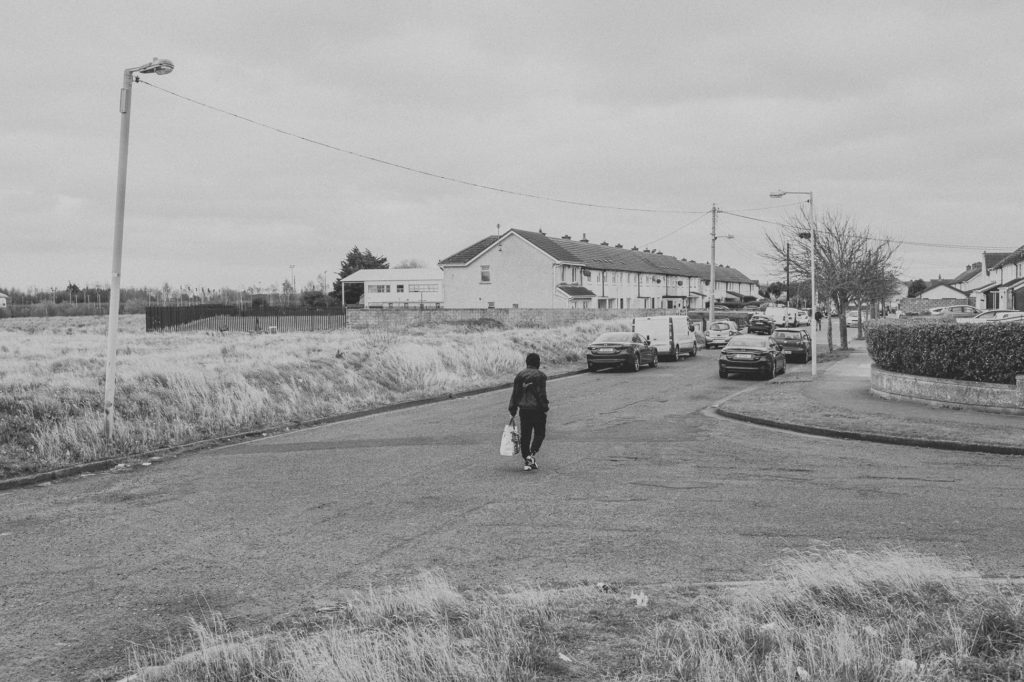
If you have been affected by the issues in this piece the Samaritans helpline is available 24 hours a day, for free at: 116 123.

